All Stories
-
 Oceans
OceansWhales and ships don’t mix well
A 15-year study of blue whales off California has found that major shipping lanes cut through feeding grounds.
-
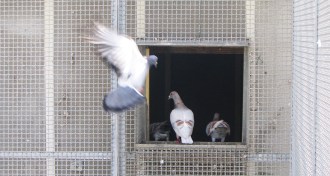 Neuroscience
NeuroscienceHippocampus may help homing pigeons explore
When researchers remove pigeons’ hippocampi, birds fly straighter on early parts of journey home.
-
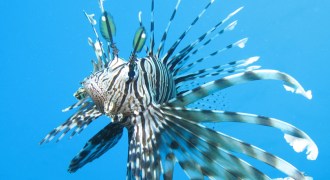 Science & Society
Science & SocietySpiny media battle highlights importance of scientific credit
Media coverage of research on invasive lionfish tolerating brackish water brought up issues of attribution and recognition in science.
-
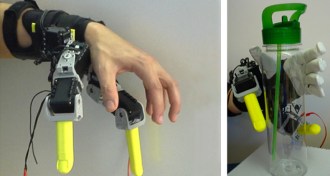 Tech
TechWith two robotic fingers, humans get a helping hand
Mechanical fingers grasp like the real thing.
By Meghan Rosen -
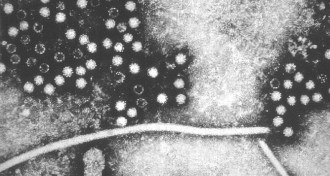 Health & Medicine
Health & MedicineHepatitis E widespread among English blood donors
Screening of 225,000 blood donations reveals a high prevalence of the hepatitis E virus.
-
 Tech
TechSmall lies in social networks may keep society running
Lying in social networks could have adverse, as well as beneficial, effects depending on the severity of the deception.
-
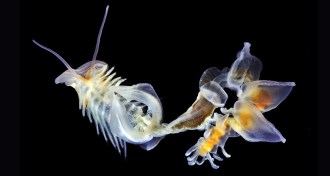 Animals
AnimalsParchment worms are best pinched in the dark
Meek tube-dwelling worms have strange glowing mucus and build papery tubes.
By Susan Milius -
 Science & Society
Science & SocietyBook delves into Scientific Revolution way beyond Galileo
‘Voyaging in Strange Seas’ shows that modern science was built not just by giants but by hundreds who explored all realms of science.
-
 Health & Medicine
Health & MedicineBoot camp bug
Adenoviruses, which cause respiratory illnesses including some colds, plague boot camps.
By Nsikan Akpan -
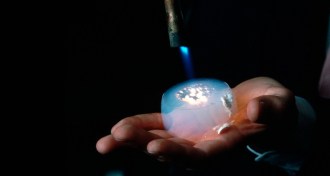 Materials Science
Materials Science‘Stuff Matters’ explores the science behind everyday objects
Author Mark Miodownik explores why everyday materials look and behave the way they do.
-
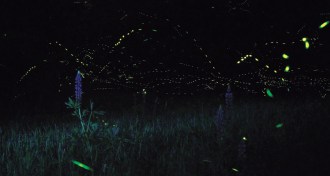 Science & Society
Science & SocietyAn app to track firefly flashings
This summer, you can contribute to citizen science by tracking lightning bugs in your backyard.
-
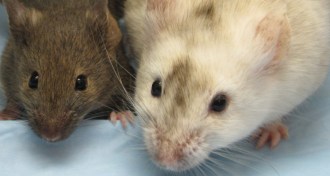 Genetics
GeneticsGene activity change can produce cancer
Scientists have long thought that epigenetic changes, which alter gene activity, can cause cancer. Now they have demonstrated it in a mouse experiment.